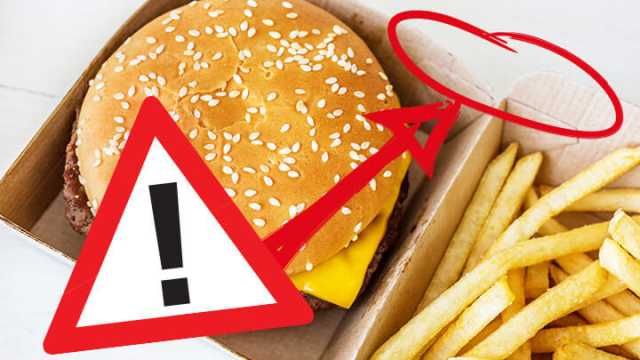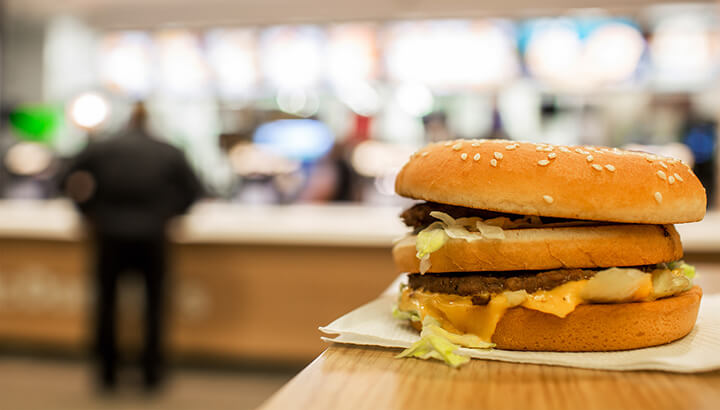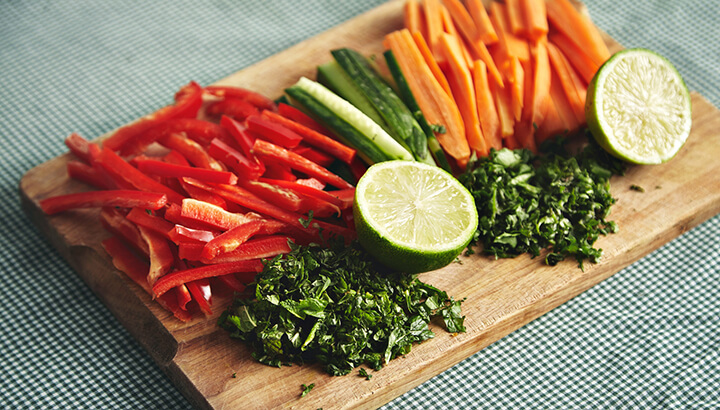
Nearly everyone in the world knows that fast food is not healthy. It’s no secret. After all, there’s a reason it’s called “junk food.” We know that these foods often contain trans fats, sky-high amounts of sodium, low-quality meats, GMO fillers and a slew of preservatives, emulsifiers and other fillers.
Yet, with all we know about the evils of fast food, many people don’t think it’s a big deal to chow down on a drive-thru burger and fries once in awhile. As long as it’s not every day, it can’t be so bad, right? Well, what if I told you that it’s not just the food you have to worry about… it’s the packaging, as well.
A hunt for dangerous fluorines
The researchers involved in a new study published in the journal Environmental Science & Technology Letters collected samples of fast food packaging to test for the presence of fluorines. Never heard of fluorines? Well, as the researchers explain:
“Per- and polyfluoroalkyl substances (PFASs) are highly persistent synthetic chemicals, some of which have been associated with cancer, developmental toxicity, immunotoxicity, and other health effects. PFASs in grease-resistant food packaging can leach into food and increase dietary exposure.”
Certain long-chain fluorines, including PFOSs and PFOAs, have been associated with:
- Thyroid issues
- Hormonal disruption
- High cholesterol
- Kidney cancer
- Testicular cancer
- Lowered immune response
Long-chain PFAS have been phased out for the most part and replaced with shorter chain compounds. Still, the shorter chain compounds have not been subjected to thorough research yet. That’s more than a little bit disturbing, considering the potential adverse health effects mentioned.
The results

For their study, researchers collected over 400 samples of fast food packaging from 27 “leading” United States fast food chains. Packaging types including food contact paper and cardboard, beverage containers and non-contact paper were tested for fluorinated chemicals. The results of the analysis may scare you if you’re a fast food fan. One-third of the packaging tested was found to contain these chemicals.
Specifically, 46 percent of food contact paper contained fluorine, along with 20 percent of food contact cardboard/paperboard and 16 percent of beverage containers. On these troubling results, the study authors wrote:
“The prevalence of fluorinated chemicals in fast food packaging demonstrates their potentially significant contribution to dietary PFAS exposure and environmental contamination during production and disposal.”
So, it’s safe to say that between the food and the packaging, there’s really nothing safe about eating fast food. The prognosis is worse than we thought.
Alternative (and chemical-free) ways to enjoy a quick meal

One of the biggest appeals of fast food is the fact that it is, indeed, fast. However, there are much healthier ways to get yourself a quick lunch on the go. It just takes a little bit of planning.
- Cook in bulk. Set one day of your weekend (or an evening) and cook up lunches for an entire week. Portion into containers and freeze. Thaw a lunch container the night before you need it. Grab it in the morning on your way to work. Time-saving tip: Embrace the mighty power of your slow-cooker.
- Pre-slice and chop fruits and veggies. Store them in jars or baggies so that you can easily pack these in your lunchbox. Just a little bit of prep can save you a lot of time in packing your lunch — and you’ll be sure to have fresh, whole ingredients in your meal.
- Bust out your blender. Bring a healthy, protein-packed smoothie in a thermos with you for a long drive.
While these options may require a bit more time than simply driving up to a fast food window, they can save you from a lot of sickness in the long run.
– Tanya Mead

